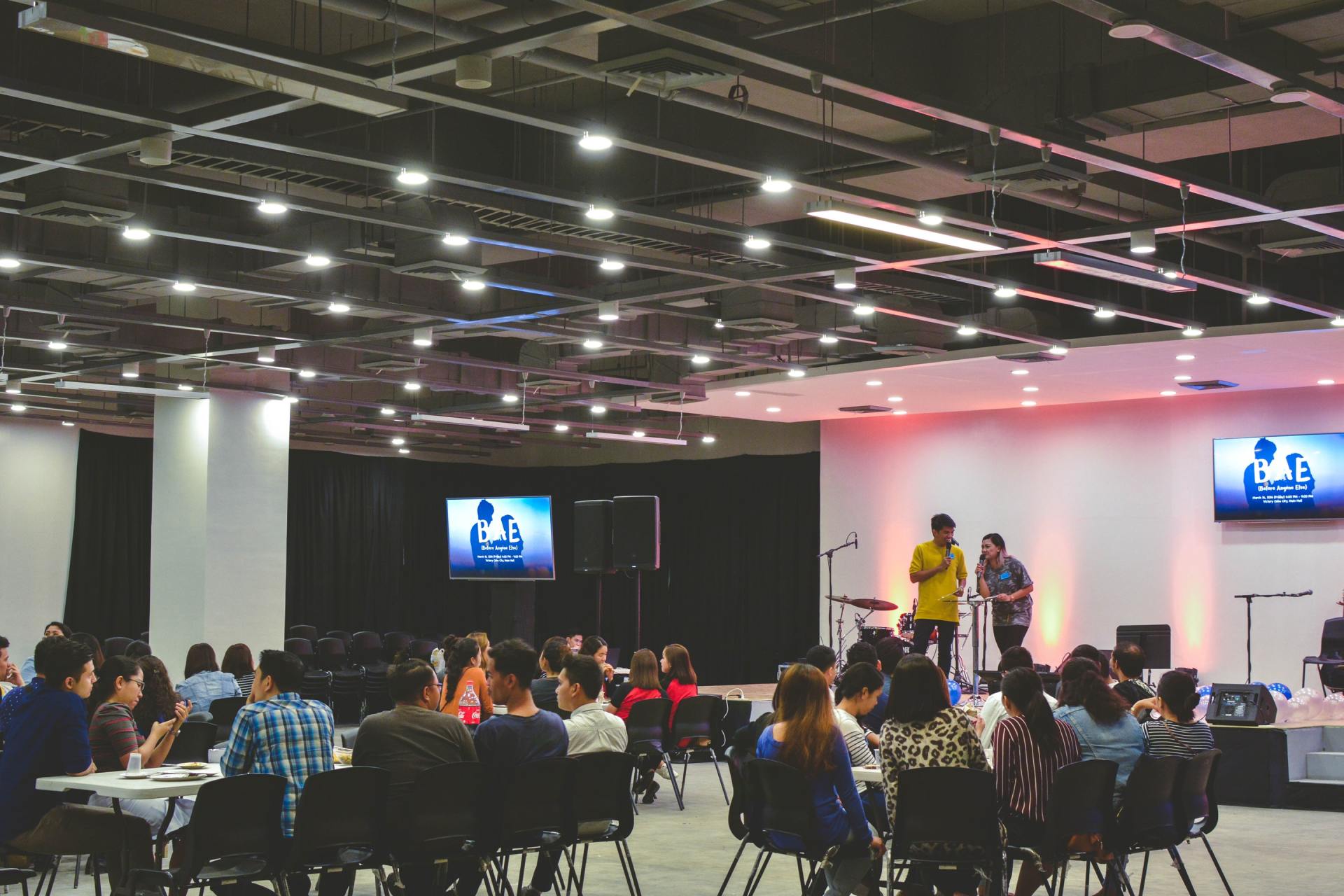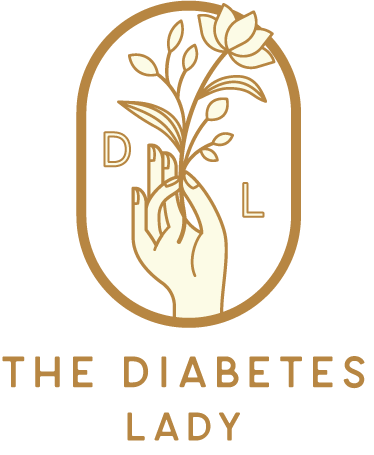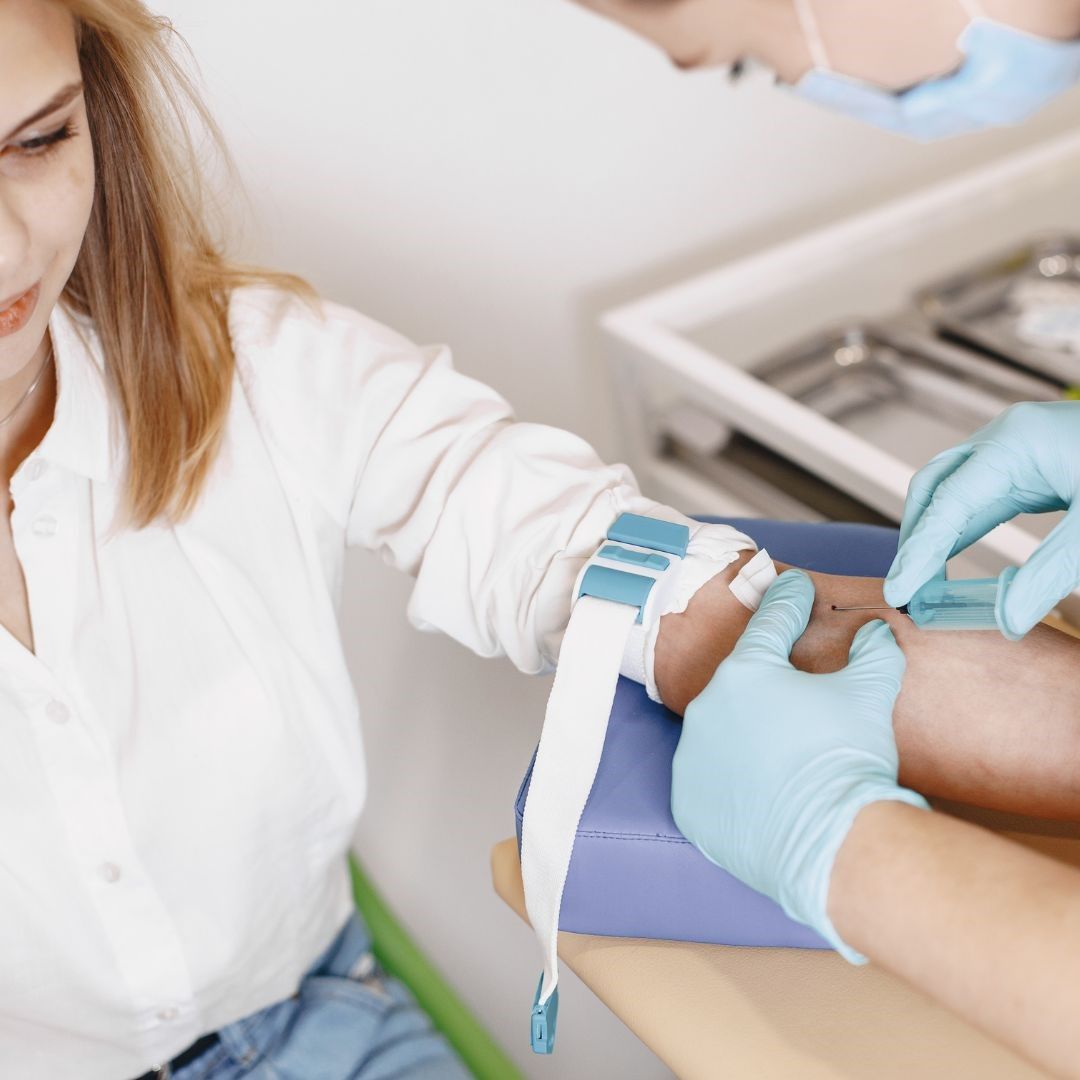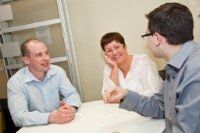Forthcoming Event…
Maureen Chadwick
Saturday 31st May, I have been invited to talk at the University of Central Lancashire’s ‘Living with Diabetes’, Event.

I have 20 minutes in which to talk about my chosen subject ‘hypoglycaemia’, all I can say is that at this time my head is overflowing with ideas and information.
From February 2012 to October 2013, I had the great honour of working within the Diabetes Nursing Team of the Royal Liverpool Hospital on a Hypoglycaemia Project.
I found great pleasure in my work and what we were trying to be achieved. I left just short of two months from collecting the last lot of Prospective data. In my period of notice, I was told I was the only titled ‘Hypoglycaemia Research Nurse’ in the UK and the data I was collecting and collating was mind-blowing.
Due to my loyalty and respect for my colleagues, I am loathed to share any information other than the abstracts I had published for both the Diabetes UK Professional Conference and two abstracts published in the American Diabetes Association ‘Journal of Diabetes’ supplement, one of which I wrote but had presented in another’s name. My silence is because the work is ongoing. All this information is swirling around in my head and I have the unenviable task of sorting it out and putting together for a power point presentation without boring everyone to death.
The main issues I need to share with you, that as Health Professionals in diabetes all know, is that ‘hypos’ are as damaging as high blood sugars. This is why we make such a fuss with regards to driving and night-time hypos, it is not as a way of punishment but it is information required for balance.
Those at risk are those treated with insulin or a sulphonylurea (gliclazide, diamicron, glipizide). Too much insulin will cause hypo and sulphonylureas can cause hypo’s because you are getting the pancreas to produce more insulin. Blood glucose monitoring is important when about to go behind the wheel of the car and prior to bedtime to prevent the most feared night-time hypos.
I realise that as someone living with diabetes you don’t want to own up to hypos, especially severe ones, in case you lose your driving licence but like drink drivers, it is not just you “at risk” but passengers and others on the road. So be sensible.
If an ambulance is called out because of a severe hypo, please do not refuse to go to a hospital for a check-up – hypos can cause damage.
Health Professionals remember if someone presents regularly with excellent blood sugars in their diary but a raised HbA1c, they could be ‘hypo unaware’ and its the correction of hypo’s that is falsely raising the HbA1c.
I had a man present at my GP consultation upset because a health professional had all but said his blood sugars were false and raised his insulin. On asking if he had ‘hypo’s’ he said ‘No!’ his wife said ‘Yes!’ and at the same time every day. His insulin reduced, his blood sugars remained within target and so did his HbA1c. His hypos stopped.
Another lady, I had known for a long time a real character, type 1 diabetes and on occasions had given us Diabetes Nurses the runaround but years later at a 1-2-1 session discussing hypo’s she had never been told that hypos were as harmful as high blood sugars.
I have a thing about older people who live alone, who get up in the middle of the night to the toilet. I know its within guidance now, but I always allow for the HbA1c to run a little higher and blood sugars, especially at night, to prevent hypos and keep them safe. All about balance.
Glucagon does not work on older people with type 2 diabetes on sulphonylureas and makes their recovery time from a severe hypo longer.
Sorry if this feels like doom and gloom, it isn’t all bad with diabetes, but I just needed to let this out.
Need any further information take a look at Diabetes UK website.
Be safe and have fun



